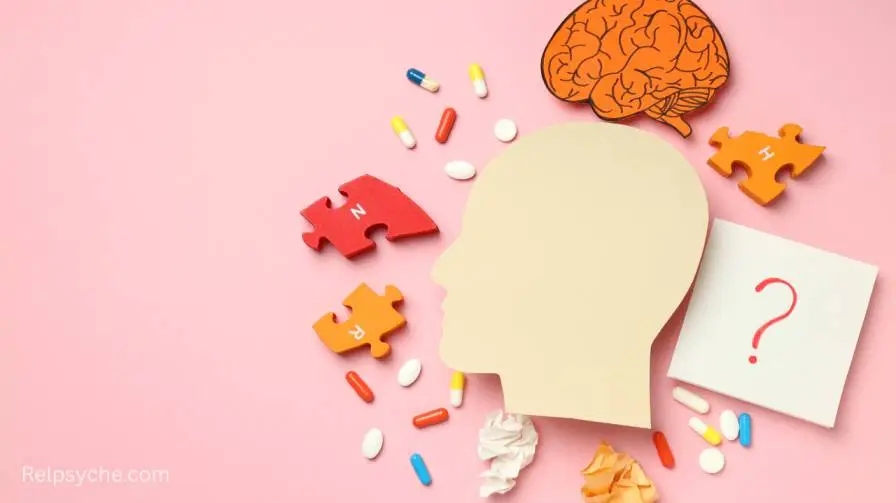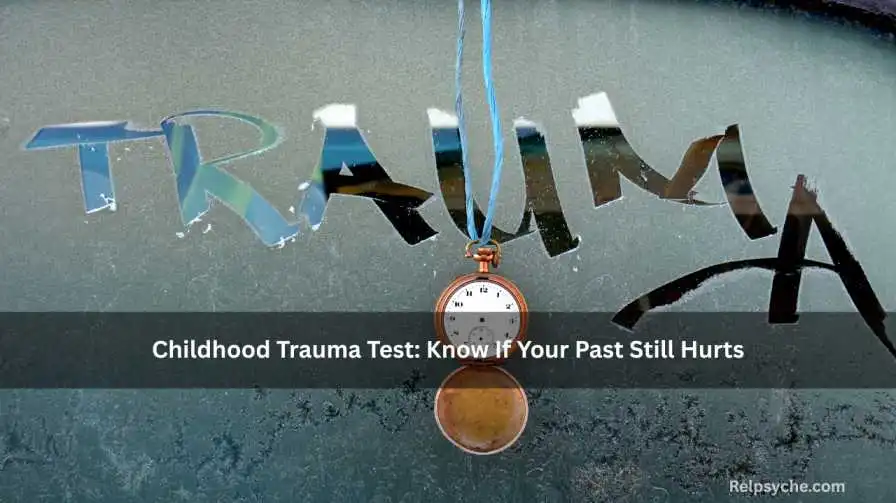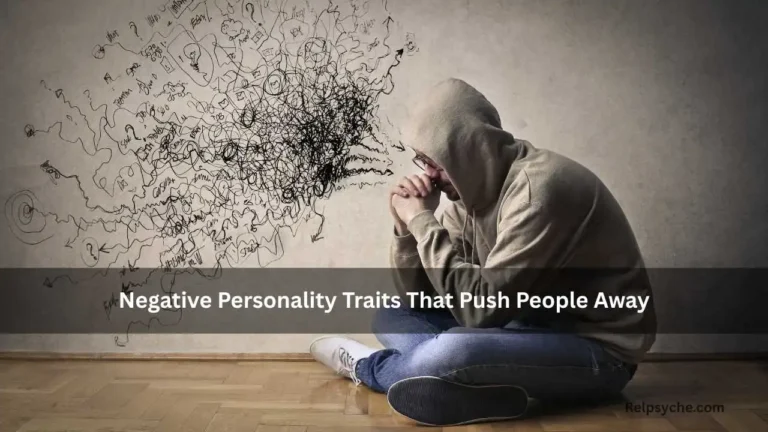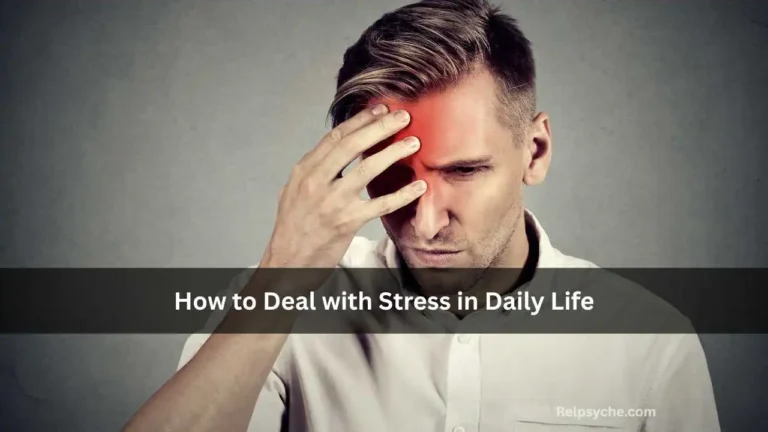Childhood Trauma Test: Know If Your Past Still Hurts
A childhood trauma test is a simple way to help you understand if your early life experiences are still affecting your thoughts, feelings, or behaviour today. Many people go through hard things as kids. These experiences can stay with us and show up later in life.
The test does not give you a final answer. Instead, it helps you see if your past may be causing problems in your life now. It can be the first step toward healing.
Table of Contents
What Counts as Childhood Trauma?
Childhood trauma happens when something scary, painful, or confusing happens to you as a child. It may have made you feel unsafe, unloved, or alone. Not all trauma is the same. Some people go through big events, while others face smaller, repeated hurts over time.
Common types of childhood trauma:
- Being yelled at all the time
- Losing a parent through death or divorce
- Being hit or hurt physically
- Feeling unloved or unwanted
- Watching parents fight
- Being bullied at school
- Living with a parent who drinks too much or uses drugs
These things can deeply hurt a child, even if they seem small to others.
Why a Childhood Trauma Test Matters
Some people grow up and don’t even realize their past is affecting them. But trauma can show up in hidden ways.
A childhood trauma test helps you look at patterns in your life. It can show if your past may be linked to things like:
- Feeling sad or angry for no reason
- Having trouble trusting others
- Being afraid to get close to people
- Struggling with relationships
- Having low self-worth
- Feeling anxious all the time
If these sound familiar, the test can help you connect the dots.
What to Expect from a Childhood Trauma Test
Most childhood trauma tests are made up of simple questions. These questions ask about your childhood, your feelings, and how you react to life today.
You might be asked:
- Did someone make you feel unsafe at home?
- Were your feelings often ignored?
- Did you feel unloved as a child?
- Do you now feel nervous in close relationships?
- Do you often feel like you’re not good enough?
These questions may feel personal, but they are important for understanding yourself better.
How to Take a Childhood Trauma Test
You can take the test online or with the help of a therapist. Many websites offer free versions that are short and easy to understand.
Here’s how to do it:
- Find a quiet space where you can think clearly
- Answer each question honestly
- Don’t rush
- There are no right or wrong answers
- After finishing, look at your score or results
The results may show if you had low, moderate, or high levels of childhood trauma.
What to Do After Taking the Test
If your childhood trauma test shows that your past may still be hurting you, don’t panic. You are not broken. Many people go through this and still find healing.
Here’s what you can do next:
- Talk to a counselor or therapist
- Read books about healing childhood trauma
- Join a support group
- Write in a journal to explore your feelings
- Practice self-care like deep breathing, exercise, or rest
The test is just the beginning. Healing takes time, but it is possible.
Can You Heal from Childhood Trauma?
Yes, healing is possible. It doesn’t matter how long ago the pain started. With the right help and support, you can learn to feel safe, happy, and whole again.
Some people start healing by talking to a therapist. Others find comfort in faith, friendship, or learning new coping skills. What matters most is that you don’t ignore the signs.
The childhood trauma test is not meant to label you. It is meant to guide you toward hope and help.

Conclusion
A childhood trauma test can help you understand if your early life is still affecting your thoughts, emotions, or relationships. It’s not about blame—it’s about healing. If your results show signs of trauma, it doesn’t mean something is wrong with you. It means you’ve been strong for a long time, and now it’s okay to seek support. Healing takes time, but every step you take brings you closer to peace. You deserve to feel safe, valued, and loved—no matter what happened in your past.
Ready to take the next step in your personal growth? Explore expert services — from therapy to life coaching — available on Fiverr.
If you want to read more articles similar to Childhood Trauma Test: Know If Your Past Still Hurts, You Need to Know we recommend that you enter our Psychology category.
FAQs
1. Is a childhood trauma test a medical diagnosis?
No. It’s not a final diagnosis. It’s just a tool to help you see if your early life may be causing current struggles.
2. Can I take a childhood trauma test by myself?
Yes. You can take it online or from a book. It’s better to discuss the results with a counselor, but you can start on your own.
3. What if I don’t remember my childhood clearly?
That’s okay. Many people forget parts of their childhood. Just answer the questions as best as you can.
4. What if I score high on the test?
A high score doesn’t mean you’re broken. It means you may need healing and support. That’s a strong and brave thing to ask for.
5. Can I take the test more than once?
Yes. You can take it again later, especially if you’re working on healing and want to track your growth.

I’m Emma Johnson, a psychologist who loves to write and share ideas.
I enjoy making psychology simple so everyone can understand and use it in daily life.
If you’d like to talk, ask questions, or work together, feel free to reach out.
Let’s learn and grow in the world of psychology together!







